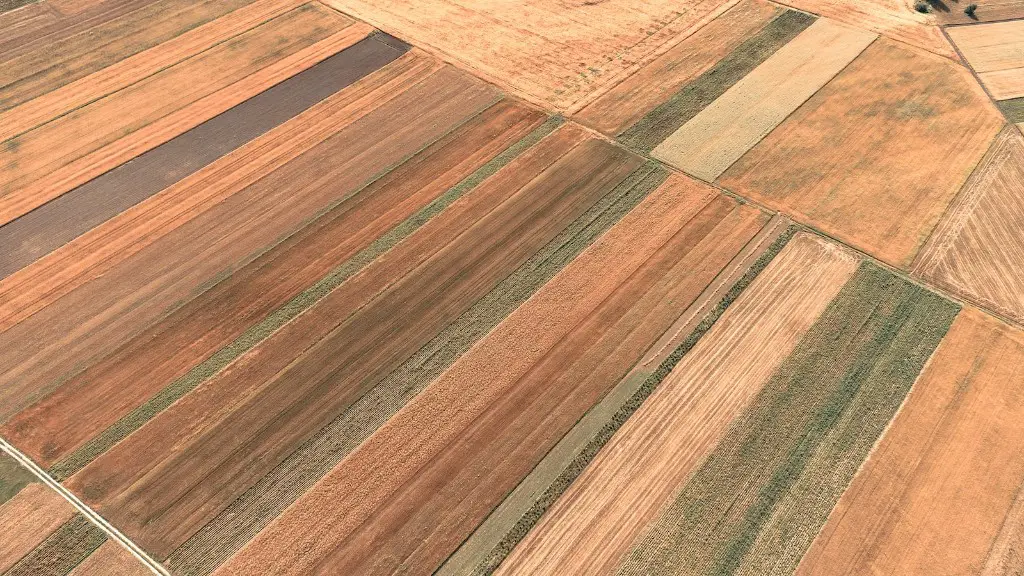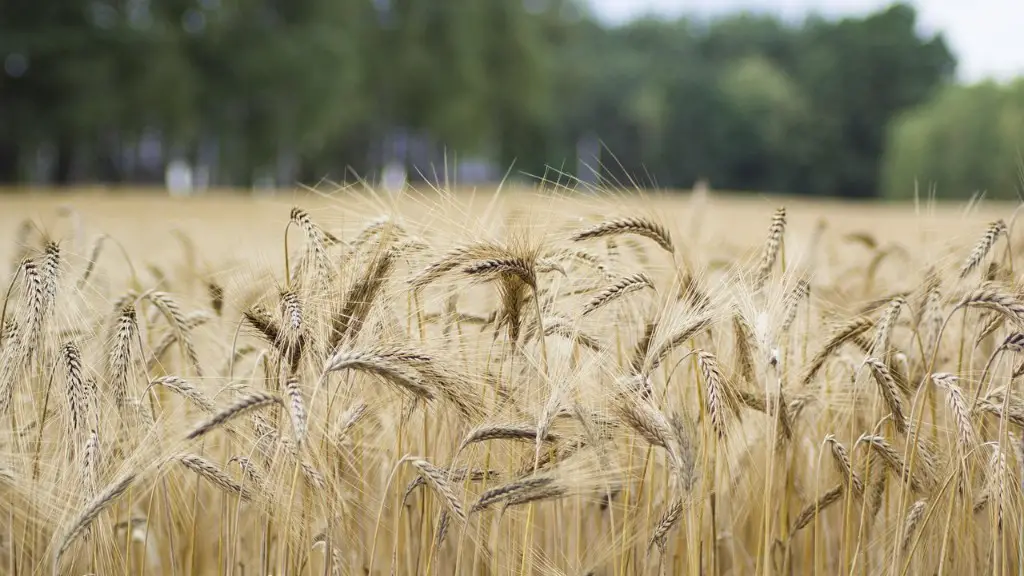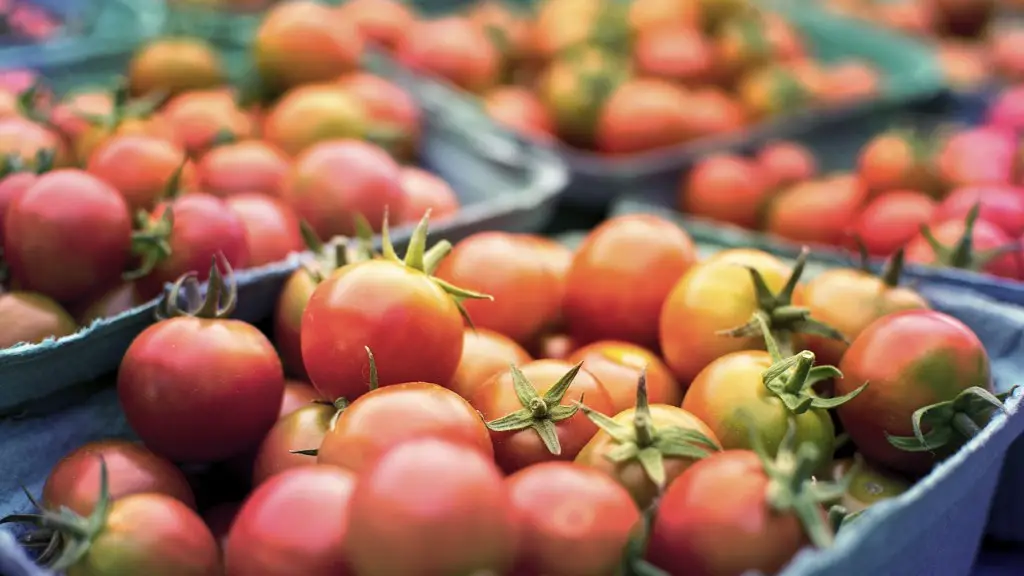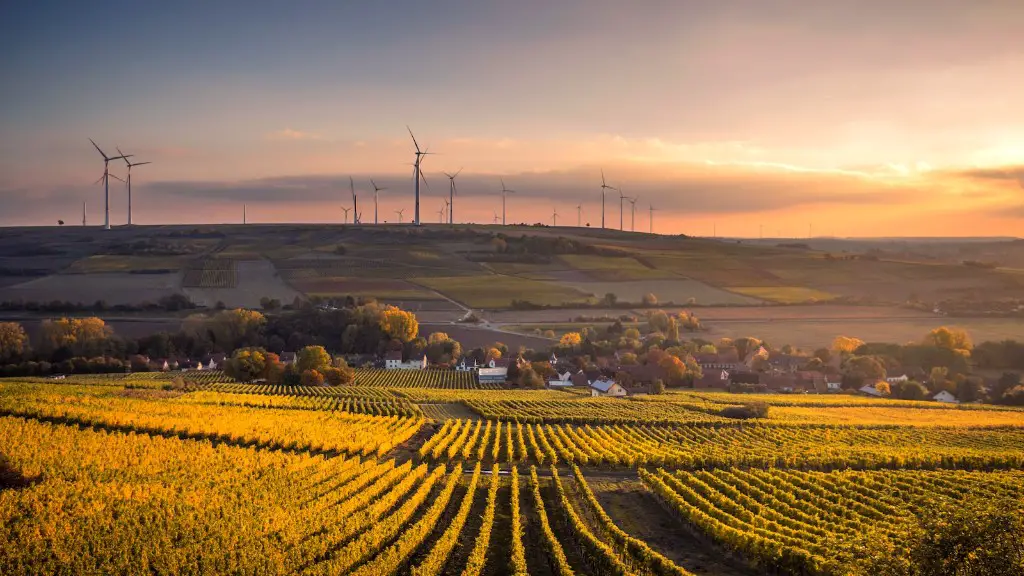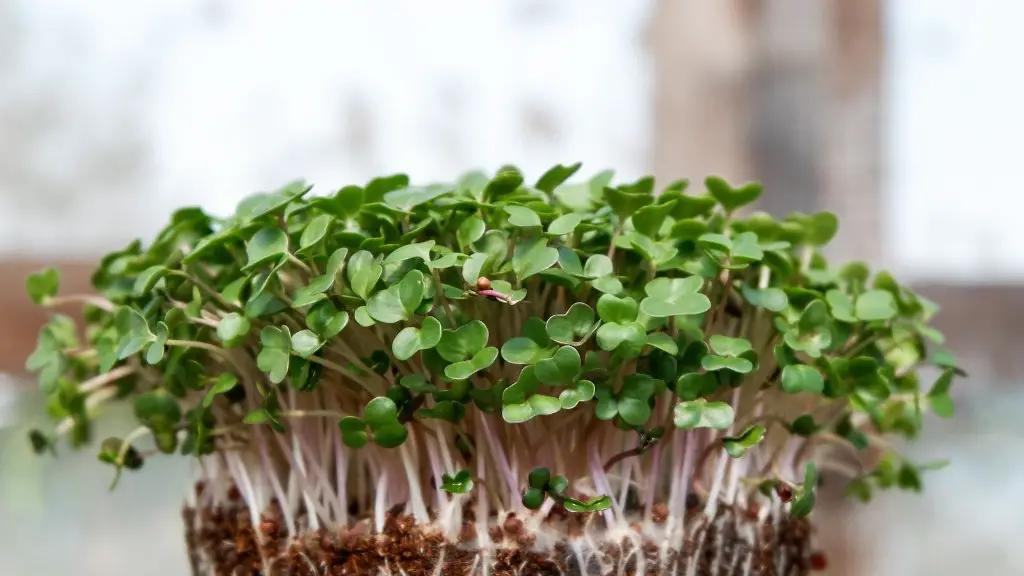If you’re thinking about starting an agriculture-related business, the first step is to register your business with the government. This process can vary depending on what country you’re in and what type of business you plan to operate, but there are some general steps that you can follow. First, you’ll need to choose a business structure and obtain the necessary licenses and permits. Then, you’ll need to register your business with the relevant government agencies. Finally, you’ll need to comply with any regulations that apply to your business. By following these steps, you can ensure that your agriculture business is properly registered and compliant with the law.
There is no one-size-fits-all answer to this question, as the process of registering an agricultural business can vary depending on the country in which the business is located. However, there are a few general tips that can be followed in order to ensure a smooth registration process. Firstly, it is important to gather all of the required documentation and paperwork before attempting to register the business. This can include items such as the business’s Articles of Incorporation, tax ID number, and any licenses or permits that may be required by the local government. Once all of the necessary documentation has been gathered, the next step is to contact the relevant government agency responsible for business registration in the country of operation. This agency will be able to provide specific instructions on how to register an agricultural business. Finally, it is important to pay the required fees and submit all of the required documentation in order to complete the registration process.
How do I set up an agricultural business?
If you’re interested in starting a farm business, there are a few things you need to do to get started. Here are 8 steps to launching a farm business:
1. Understand the hydroponic & local food market.
2. Research and write a business plan.
3. Get farm financing.
4. Find a farm site.
5. Make your farm purchase.
6. Container farmer training.
7. Launch your farm.
8. Grow your business.
Agribusiness is a combination of the words “agriculture” and “business” and refers to any business related to farming and farming-related commercial activities. Agribusiness involves all the steps required to send an agricultural good to market, namely production, processing, and distribution.
The term agribusiness was coined in 1957 by John D. Gray and Frank M. Popoff of the University of California, Davis. Gray and Popoff defined agribusiness as “the aggregate of all farming and food-processing activities conducted by a single firm or by a cooperative association of firms.”
The term has since been adopted by government agencies, academia, and the business community. Today, agribusiness is used to refer to any business that is involved in the production, processing, or distribution of agricultural goods. This includes businesses such as food processing companies, farming equipment manufacturers, and agricultural chemicals suppliers.
Agribusiness is a critical part of the food system and the economy. It is estimated that the agribusiness sector employs over 1.6 million people in the United States and generates over $1 trillion in annual revenue. The agribusiness sector is also a major contributor to the nation’s exports,
How do I register as a farm in NY
Although you are not required to register or licence your farm or homestead in New York, it is still a good idea to do so on the federal level with the USDA’s Farm Services Agency. This will allow you to see if you are eligible for any federal farm programs and resources, including financing. By taking advantage of these programs and resources, you can help your farm or homestead run more smoothly and efficiently.
In order to title and register a farm vehicle in Pennsylvania, an individual must be able to provide:
– Proof of ownership of the farm vehicle (see below for acceptable proofs of ownership)
– A valid Pennsylvania Driver’s License or Pennsylvania Photo Identification Card
– Valid proof of insurance for the farm vehicle
– and more items.
What are the 4 types of agriculture?
There exist four main branches of agriculture, namely livestock production, crop production, agricultural economics, and agricultural engineering. Each branch has its own distinct focus and area of expertise. For example, livestock production deals with the raising of animals for meat, milk, or other products, while crop production focuses on the cultivation of plants for food, fuel, or other purposes. Agricultural economics deals with the economic aspects of agriculture, such as market analysis and farm management, while agricultural engineering deals with the design and construction of agricultural machinery and equipment.
Starting a small farm is a significant investment. You’ll need land, equipment, labor, licensing, insurance, and more. There is also the option for farmers to buy a functioning farm, but that still requires quite a bit of capital to get started. Starting a small farm is said to cost up to about $10,000. However, with careful planning and execution, a small farm can be a successful and rewarding endeavor.
Is a hobby farm a business?
If you have a hobby farm, your profits are reported under “Other Income” on Form 1040. While other businesses must fill out Schedule C, farmers are required to use Schedule F to detail profits and losses.
Everyone’s circumstances are different, so you should always consult your accountant before making big decisions about your taxes.
The agricultural income of a farmer will be exempted from taxation if the farmer’s income is less than Rs 5,000 or if the total income minus the agricultural income is less than the basic exemption limit. The exemption limit for a person below the age of 60 years is Rs 25 lakh and for an individual aged 60 years and above, it is Rs 3 lakh.
What does the IRS consider a farm
A farm is an area of land that is devoted to agricultural production. Farms may be producing crops, livestock, or both. They may also be producing dairy, poultry, fish, fruit, or other products. Farms can be large or small, and they can be family-operated or run by a corporation.
To qualify for agricultural assessment, land generally must be a minimum of 7 acres and farmed by a single operation. Land must be used for crop production, commercial boarding of horses or livestock production. Farm operation must gross an average of $10,000 or more in sales per year.
How do I get a farm number in NY?
If you want to obtain a farm number from the FSA, you’ll need to bring along proof of control of the land. This could be in the form of a deed, lease, rental agreement, or other land tenure document. The FSA staff will use the county GIS system to locate your farm parcel and check to see if it already has a number. If not, they will issue you a number. Farm numbers are issued for free.
New York’s Real Property Tax Law provides a 10-year property tax exemption for new or reconstructed agricultural structures. This exemption applies to buildings used for farm production, including animal housing, storage, and processing.
How many acres do you need to be considered a farm in PA
In order to qualify for an Agricultural Use, Agricultural Reserve, or Forest Reserve Agricultural Use designation, a property must be a minimum of ten acres in size. If the property is capable of generating at least $2,000 annually in farm income, the minimum size requirement may be reduced to less than ten acres.
To apply for a sales tax exemption in Pennsylvania, an organization must submit the REV-72 Sales Tax Exemption Application to the Pennsylvania Department of Revenue. The organization must have a “75” number to be exempt from sales tax.
How many acres for a farm in Pennsylvania?
farms in the United States cover an area of 730 million acres, on average 139 acres per farm. This is unchanged from the previous year.
Agriculture is a vast and complex field that covers everything from production to research and development to farming. It is the science or function of farming, including cultivating the soil for growing crops and the rearing of animals to provide food, wool, and other products. Agriculture is a critical part of the global food system and plays a vital role in the economy, environment, and society.
Conclusion
There is no one-size-fits-all answer to this question, as the process of registering an agricultural business will vary depending on the country in which you are doing business. However, there are some general steps that you will need to take in order to register your agricultural business. These steps include:
1. Choose a business structure. When registering your agricultural business, you will need to choose a business structure. The most common types of business structures for agriculture businesses are sole proprietorships, partnerships, and limited liability companies (LLCs).
2. Register your business with the government. Once you have chosen a business structure, you will need to register your business with the government. This process will vary depending on the country in which you are doing business, but it is typically necessary to register with the local government and/or the national government.
3. Obtain the necessary licenses and permits. In order to operate your agricultural business, you will need to obtain the necessary licenses and permits. This process will vary depending on the country in which you are doing business, but you will typically need to obtain a business license, as well as any licenses or permits required to operate your specific type of business.
4. Meet any other
The steps to register an agriculture business are: 1) Choose the business structure that best suits your needs; 2) Register your business with the government; 3) Get a business license; 4) Protect your crops and animals with insurance; and 5) Keep good records. By following these simple steps, you can ensure that your agriculture business is properly registered and ready to operate.
